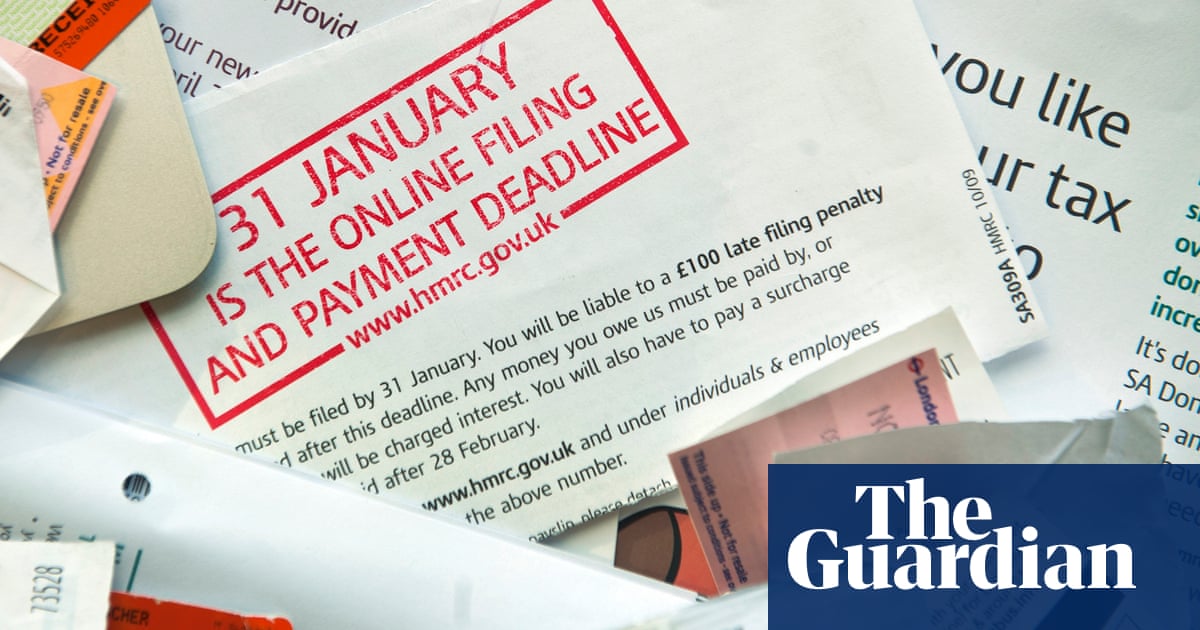Whistleblowers who inform HMRC about tax-dodging will get a cut of any money collected as a result, the government confirmed, as Rachel Reeves announced plans to raise an extra £1bn a year by closing the “tax gap”.
At her first budget in October, Reeves vowed to collect £6.5bn a year by cracking down on tax avoidance, which is legal, and tax evasion, which isn’t.
On Wednesday, during her spring statement, she raised the target to £7.5bn, a projection that won the blessing of the Office for Budget Responsibility (OBR), the independent body that vets the chancellor’s sums.
Measures to close the “tax gap” include:
-
Spending £100m on 500 HMRC compliance stafff
-
£87m to improve HMRC’s debt collection
-
Prosecuting 20% more tax fraudsters
-
“Compensation” for whistleblowers
Reeves is also launching four consultations on how to further improve tax collection, including one aimed at “promoters” of avoidance schemes.
Together, new proposals to close the tax gap will raise an extra £1.055bn by 2029-30, according to Treasury calculations, which was rubber-stamped by the OBR.
The lion’s share of the sum, £715m, is slated to come from improved collection of overdue debts, including the hiring of 600 new compliance offers.
A further £125m comes from increased penalties for late payment, £95m from hiring 500 extra staff to collect due debts – on top of 5,000 announced at the budget – and £125m from extending the digitisation of income tax collection to those earning more than £20,000, from 2028.
But Reeves also fleshed out some of the methods the government will use to achieve its expanded target of closing the tax gap by £7.5bn within five years.
They include an incentive scheme for whistleblowers, “rewarding informants with compensation linked to a percentage of any tax taken as a result of their action”.
Like the Serious Fraud Office (SFO), which has also said it wants to reward whistleblowers, the Treasury appears to be following the example of the US, where informants are regularly paid a cut of funds collected thanks to their information.
HMRC, Companies House and the Insolvency Service will target “phoenixisation”, where businesses use “contrived” insolvencies to evade tax and write off debts owed to others.
HMRC is expanding its counter-fraud capability to increase the number of prosecutions for the most harmful fraud by 20% by 2029-30, compared with current levels, from 500 to 600 a year.
Since Labour took office, the Guardian has revealed details of financial advisers offering avoidance schemes to the super-rich and property owners.










